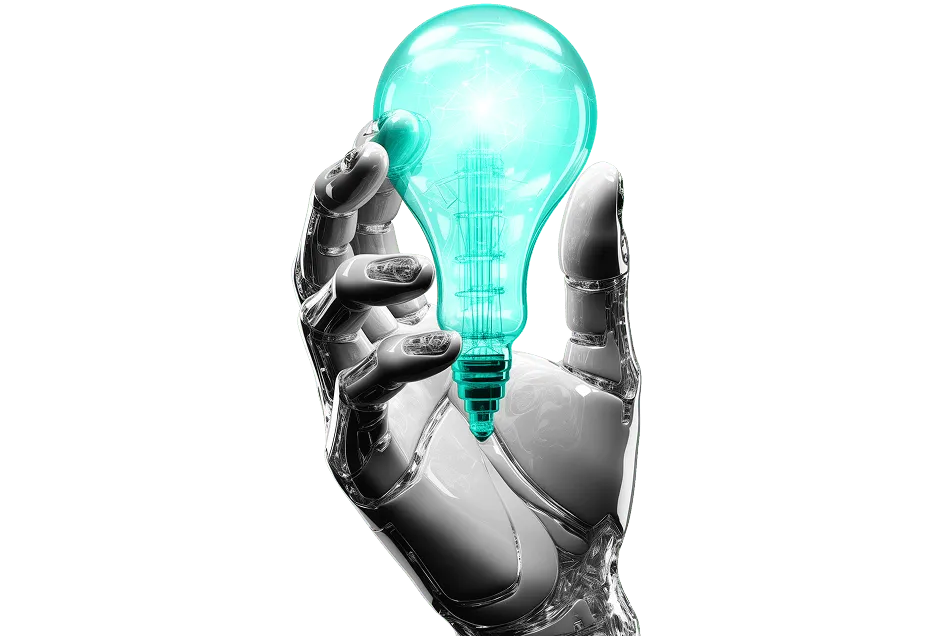Mastering Skills-Based Hiring: Meeting the Demands of the Modern Workforce
This past week has been exceptional for us. First, we received major recognition from one of the leading analyst firms, Josh Bersin, who highlighted us as a trailblazing product. This recognition, unveiled at HR Tech, has generated significant excitement among our existing customers. Second, our attendance at the Talent Intelligence event in Amsterdam was a tremendous success. Our teams connected with numerous companies, including our valued customers, and we had the opportunity to deliver an opening keynote that was very well received.
There has been significant emphasis on skills-based hiring and workforce planning at these events. This shift reshapes how companies approach talent acquisition, workforce development, and succession planning as businesses seek to build more agile, future-ready teams. The emphasis on skills-based strategies highlights the importance of continuously adapting to evolving industry needs and ensuring that workforce planning aligns with long-term business objectives.
While this is encouraging, Draup’s view is that the approaches that are generally followed have three major issues.
- There is not enough skill granularity. For example, we see skills like Agile Frameworks, which lack depth and granularity. For this to be received well by businesses (in the software context, for example), we should be talking about very specific frameworks like code refactoring. This is one area of clear differentiation for Draup.
- The second challenge is the lack of future-ready workloads defined in the business context. For example, Customer Service in the context of Airbnb is very different. Airbnb is not a traditional onsite service provider, which required it to develop a new customer service dimension. Unlike hotels that can directly manage guest experiences, Airbnb had to model and optimize the interactions between guests and hosts, with the added challenge of having no direct control over the physical space. They needed to create systems and tools that facilitated trust, clear communication, and efficient problem-solving between two independent parties. So, the customer service skills in the Airbnb context are unique
- The third concerns the lack of precise understanding of AI’s role. In several Skills Architecture, AI’s impact is not considered at all. And AI is not just technical skills. Take, for example, Nintendo; their AI integration is to arrive at the set of skills in the company so that they can create a product “that cannot be created by technology alone.” These are the exact words of the legendary game designer Shigeru Miyamoto. Such a vision is not just inspiring but a vision that emphasizes the role and value of humans and competitive advantage
At the core of modern workforce architecture, we start with Occupation, which defines the broad category of work. From there, we narrow down to the Job Family, grouping similar types of work based on shared competencies and functions. Each Job Role within a family specifies distinct responsibilities and tasks, which are further broken down into the required Skills that employees must possess to perform effectively.
These skills are aligned with specific Digital Products and Methodologies, which guide how work is executed. All of this operates within the framework of the Business Context, ensuring that real-world demands and strategic objectives drive workloads. This architecture allows for adaptive workforce planning centered around future skills that are continuously evolving to meet business needs.
Here is an example table of Skills Draup has identified for Digital SaaS in Finance (sharing this as an illustration for you to see the granularity of the skills and the workloads. We can work with you on specific job families and your business contexts as per your need)

Summary: Draup offers a distinctive approach to supporting customers in skills-based hiring and defining their skills architecture, providing tailored solutions that align with the evolving demands of the modern workforce.










.svg)





















.svg)





.svg)
